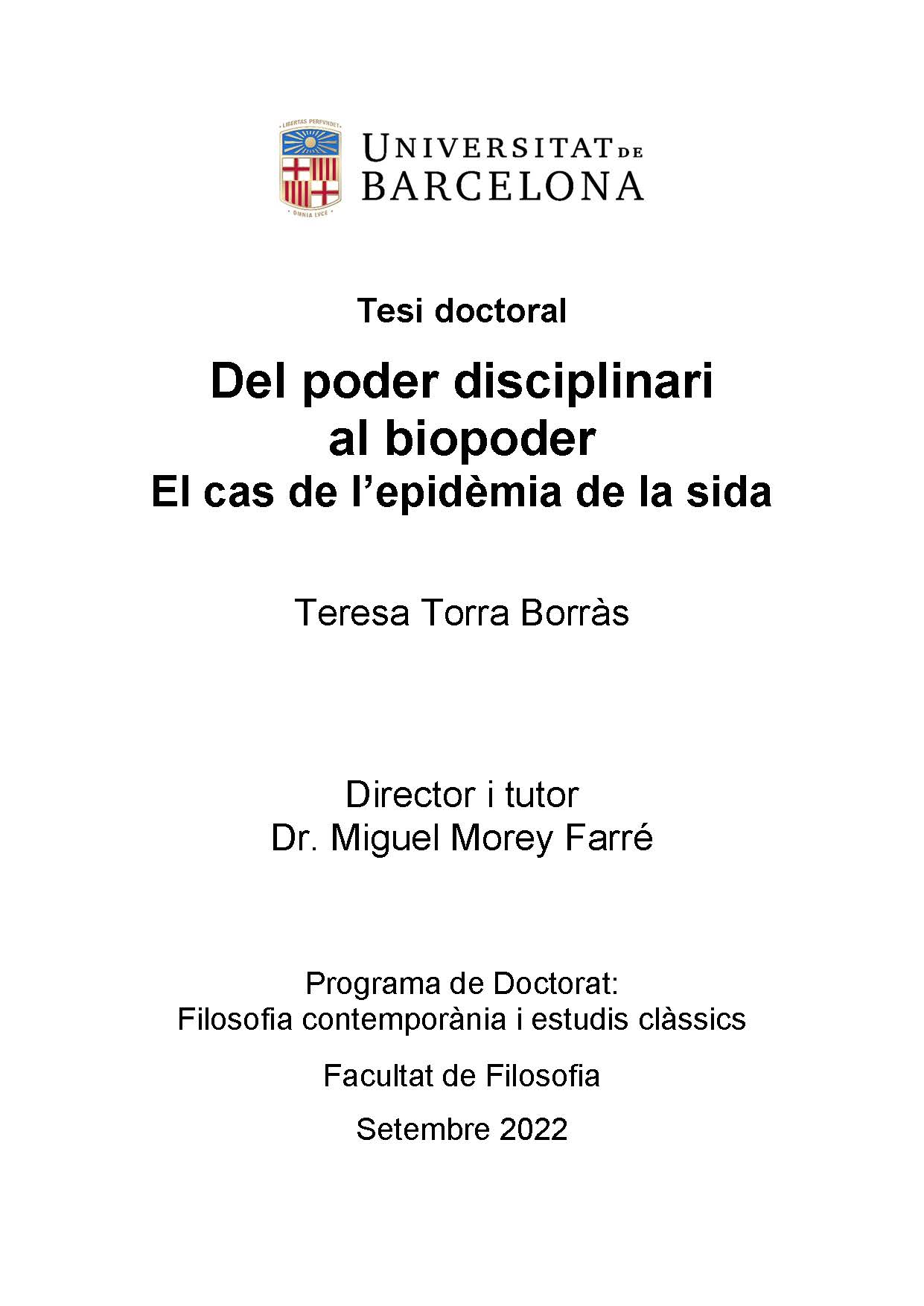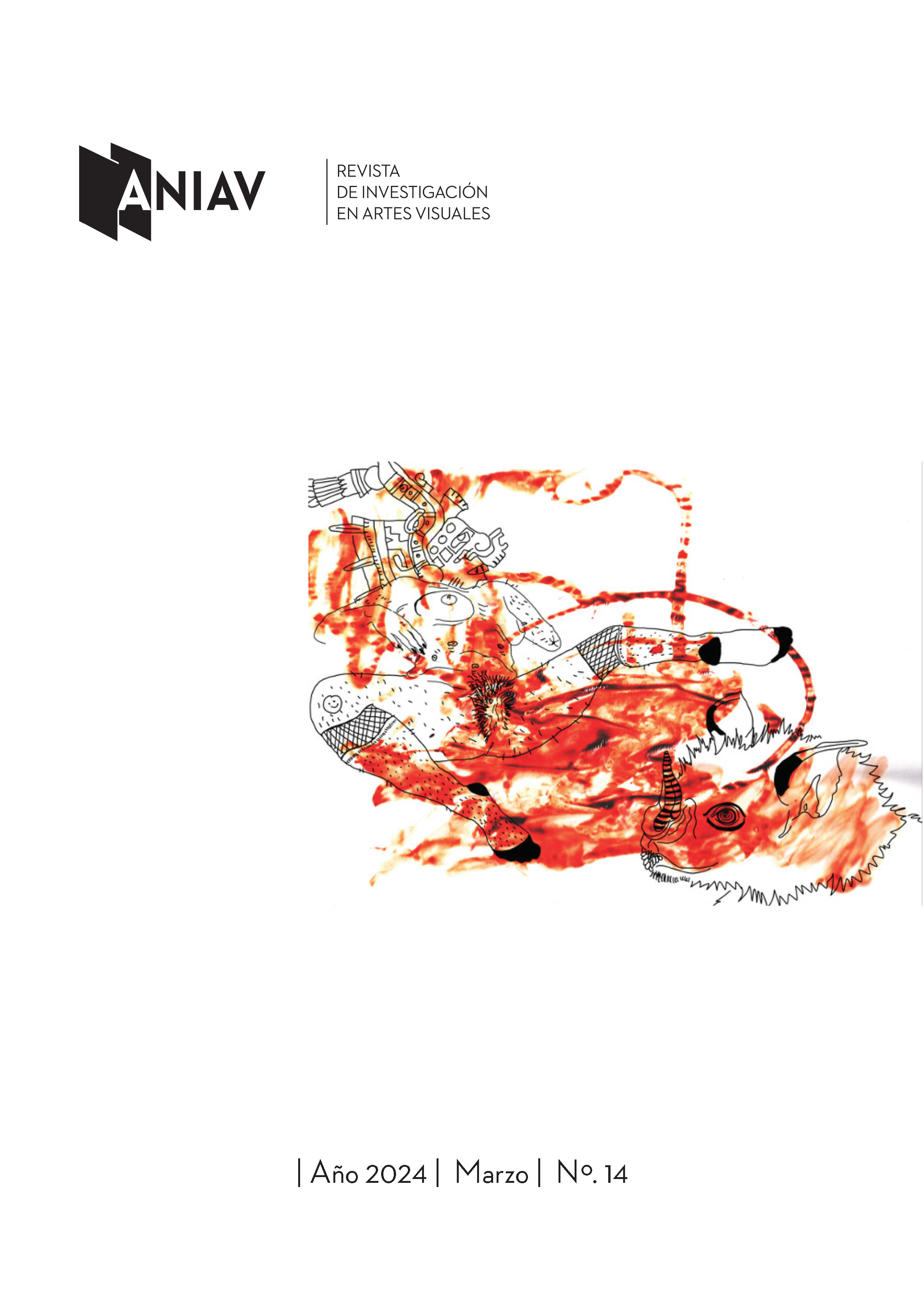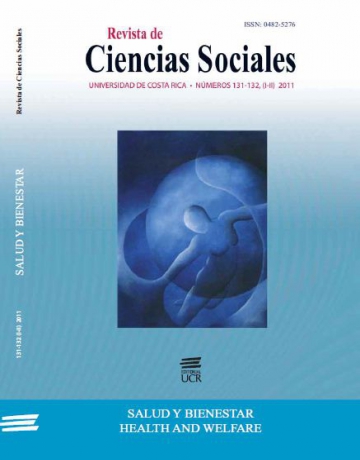Resumen
The aim of this thesis is firstly to address the emergence of biopower in Foucault’s work, and secondly to analyze the case of AIDS as a model disease of our time. This research is divided into four parts. In the first part, the theoretical framework of the research is defined and the main concepts of Foucault's philosophical work are introduced and contextualized. In the second part, the transition from sovereign power to disciplinary power is presented, and then disciplinary power is exhaustively analyzed. The third part is dedicated to biopower and is divided into four sections. In the first section, the object addressed is sexuality, which opened the door to the emergence of biopower. The second section deals with the concept of biopower, from its appearance to its paradoxes, and with the features, consequences and new cast of characters which it entails. The third section is dedicated to the change in the status of death, with an analysis of death as a limitation of power, as a place where biopower encounters its most important contradictions; this section also deals with the case of brain death. Finally, the fourth section is dedicated to examining the security device, which is what Foucault calls the new distribution of power and knowledge, that appears after disciplinary power. The fourth part of this research is dedicated to the case of the AIDS disease, which is analyzed in accordance with the scheme of disease analysis proposed by Fouacult. This part is divided into five sections. The first section is focused on the emergence of the disease. The second section deals with the scientific research that arose from it, starting from its appearance and during the first years of the epidemic. In the third section, the conditions of possibility that allowed the emergence of the disease are analyzed. The fourth section deals with the issue of AIDS risk. Finally, the fifth and last section considers the normalization linked to this disease.






